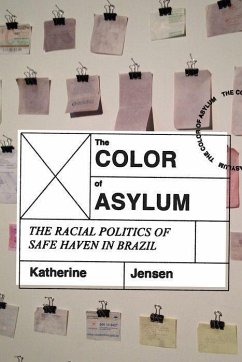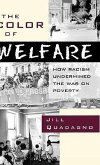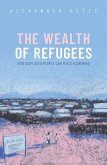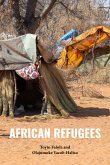"In 2013, the world watched as Syrians desperate to escape a brutal war fled the country. Brazil took the remarkable step of instituting an open-door policy to all Syrian refugees. Why did Brazil-in contrast to much of the international community-offer asylum to any Syrian who would come? And how do Syrians differ from other refugee populations seeking status in Brazil, and why? In The Color of Asylum, Katherine Jensen provides an ethnographic look at the process of asylum seeking in Brazil, uncovering the different ways asylum seekers are treated and the racial logics behind their treatment. She focuses on two of the largest and most successful groups of asylum seekers: Syrian and Congolese refugees. While they obtain asylum status in Brazil at roughly equivalent rates, their journey to that status could not be more different. While Syrians travel to Brazil on visas and in airplanes, most Congolese refugees reach Brazil as stowaways on ships. Congolese migrants wait in long lines in unbearable heat to see immigration officials, while Syrians go through an expedited process. And while Syrian migrants reported a relaxed and comfortable environment while meeting with immigration officials, Congolese migrants were met with distrust and suspicion as they recounted the harrowing and traumatic stories of life in their home country. As Jensen shows, Syrians are treated so differently from other asylum seekers because the Brazilian state recognizes them as white. This dates back to Brazilian immigration policy that followed the abolition of slavery. Eager to "whiten" its population, Brazil welcomed a first wave of Syrian and Lebanese immigrants-a precedent that would affect the nation's policy toward Syrian refugees in the twenty-first century. On the other hand, anti-black racism shapes the experiences of Congolese and other African refugees and entrenches racial inequalities-even among those deemed worthy of safe haven. Jensen's comparative study arrives at an unexpected conclusion, however: even when migrants do obtain asylum status, Jensen finds that their lives remain largely unchanged, marked by struggle and discrimination"--
Hinweis: Dieser Artikel kann nur an eine deutsche Lieferadresse ausgeliefert werden.
Hinweis: Dieser Artikel kann nur an eine deutsche Lieferadresse ausgeliefert werden.








